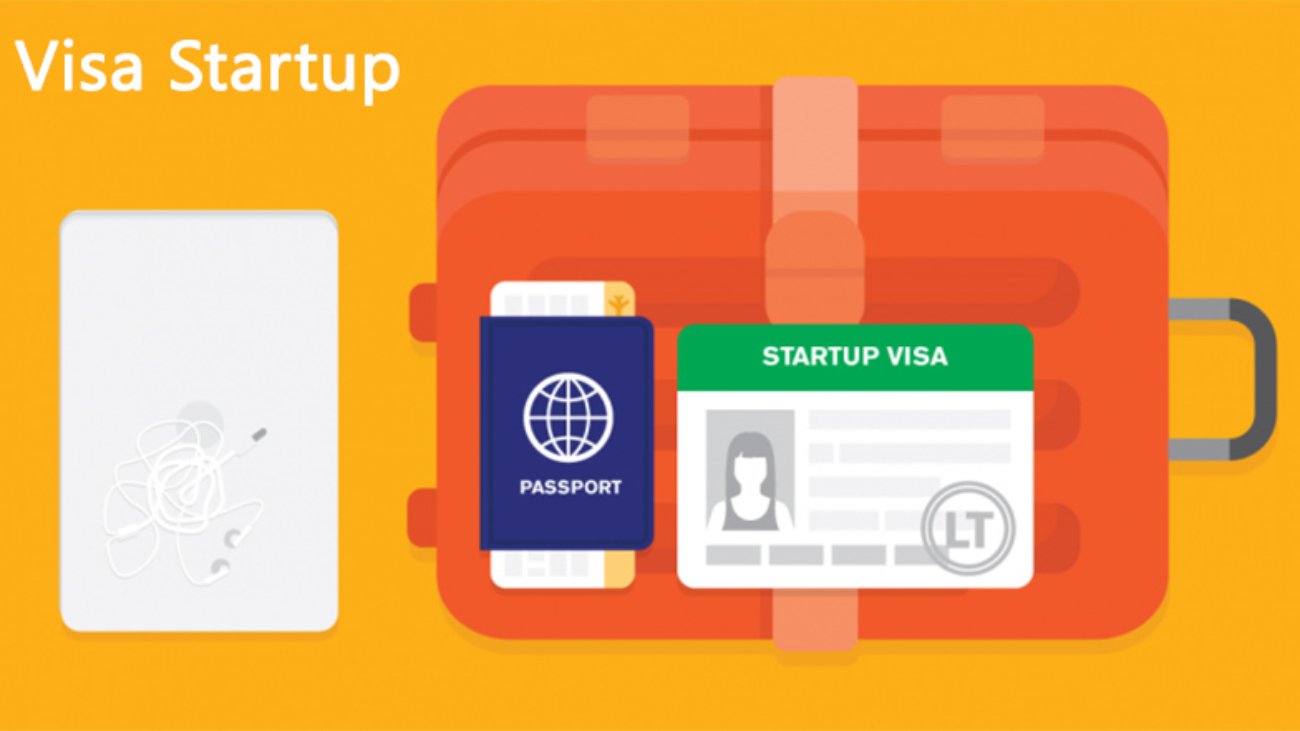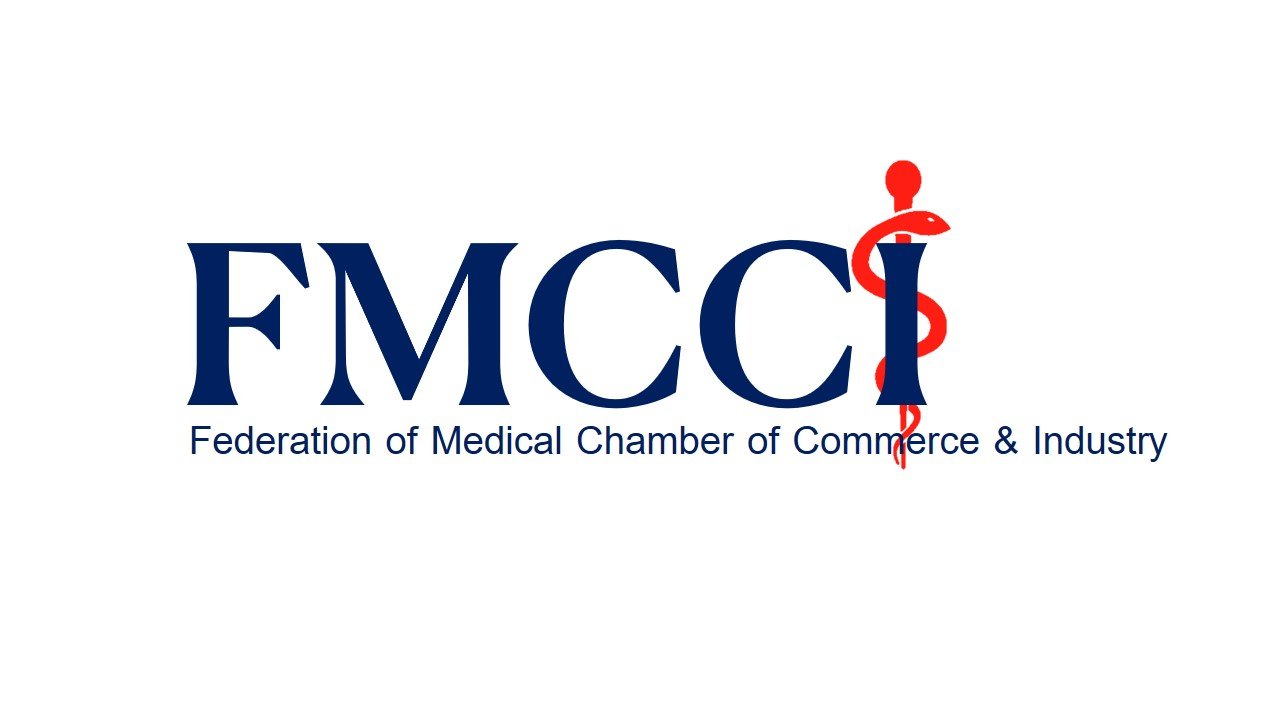In today’s competitive job market, standing out requires continuous learning and skill development. Employers look for candidates with specialized knowledge, adaptability, and the latest industry skills. One of the most effective ways to meet these demands is through CPD (Continuing Professional Development) certified training. CPD programs offer structured learning paths, ensuring that professionals in various fields remain current and competitive.
CPD is essential for professionals across many industries, from healthcare and finance to IT and education, and it’s particularly valuable for those looking to build credentials, transition careers, or increase their earning potential. This article explores the benefits of CPD-certified training, how it can advance your career, and offers insight into selecting the right program to meet your goals.
What is CPD Certified Training?
CPD Certified Training involves structured, ongoing learning that helps professionals update and expand their skills. CPD can be achieved through formal programs, workshops, courses, online modules, and seminars, each contributing to an individual’s professional growth.
CPD-certified courses are structured, validated, and recognized by CPD accreditation bodies. These bodies assess the quality and relevance of the training materials and methods, ensuring they meet high standards. As a result, a CPD certification not only represents your commitment to personal development but also assures employers that you’ve completed a reliable and quality-assured program.
Why CPD Certified Training is Essential for Career Growth
The workplace is evolving rapidly, influenced by technology, globalization, and the shift towards remote work. CPD-certified training allows professionals to stay relevant in their field and empowers them to adapt to industry changes. Here are some specific ways CPD training can help you advance in your career:
1. Enhances Skill Sets
With CPD-certified training, professionals can learn new skills or deepen their existing knowledge in a particular field. For instance, an IT professional might pursue CPD courses on data security or cloud computing, whereas a marketing specialist might explore social media analytics or content strategy. Such skills can make you more competent in your role, which can lead to promotions, raises, and other career opportunities.
2. Increases Employability
In competitive job markets, CPD certification can give you an edge over candidates who lack formalized training. It signals to employers that you’re serious about career development and committed to learning. Whether you’re entering a new industry or vying for a higher position, CPD-certified training can help you meet employer requirements for relevant qualifications and practical experience.
3. Supports Career Transitions
If you’re considering changing industries or roles, CPD certification is a powerful tool to ease the transition. For example, a finance professional transitioning to project management can pursue CPD courses in project planning, risk assessment, or communication strategies. This structured learning approach provides the practical and theoretical knowledge necessary to make a smooth shift to a new field.
4. Improves Earning Potential
CPD-certified training can positively impact your earnings. Professionals with specialized, current skills are often paid more because they bring added value to their roles. In some industries, CPD is even a requirement for promotion or higher salaries. Moreover, if you’re considering self-employment or freelance work, a CPD certification can justify premium rates by establishing you as an expert.
5. Boosts Confidence and Job Satisfaction
Investing in CPD training demonstrates a proactive approach to professional growth. As you develop new skills and tackle industry challenges, your confidence and job satisfaction increase. Many CPD learners find that they enjoy their work more and experience less burnout due to their ability to manage tasks more efficiently.
Choosing the Right CPD-Certified Training Program
Selecting the right CPD program is critical to maximize its benefits. Here are some steps to help you make an informed choice:
1. Identify Your Career Goals
Your career aspirations should guide your choice of CPD training. For instance, if you’re aiming for a leadership role, consider courses in management, leadership, or communication. If your focus is on specialization, look for in-depth training in your niche, such as advanced programming for IT professionals or financial analysis for those in finance.
2. Research Accreditation Bodies
Accreditation matters in CPD training, as it ensures the course meets recognized standards. Reputable CPD accreditation bodies include The CPD Standards Office, The Chartered Institute of Personnel and Development (CIPD), and The International Association for Continuing Education and Training (IACET). Check if the course provider is accredited by a credible body to ensure quality and recognition.
3. Consider Delivery Format and Flexibility
CPD training is available in various formats, including online courses, in-person workshops, and seminars. Online CPD courses offer greater flexibility, allowing you to learn at your own pace, which is ideal for working professionals. However, if you prefer hands-on learning, in-person or hybrid programs might be more suitable.
4. Evaluate the Curriculum
Review the course curriculum and outcomes to see if they align with your professional needs. A well-structured CPD course should cover theoretical knowledge as well as practical skills, ideally with opportunities for real-world application or case studies.
5. Assess Networking Opportunities
Some CPD programs offer networking opportunities with industry experts and peers. Building connections in your field can open doors to mentorship, partnerships, and future career opportunities.
The Benefits of CPD-Certified Training Across Industries
CPD-certified training isn’t limited to specific professions; it benefits employees and freelancers across diverse fields. Here are some examples:
1. Healthcare
For healthcare professionals, CPD training is crucial to remain updated on medical advancements and best practices. Courses might cover topics like patient safety, medical ethics, or technological innovations in healthcare. CPD in healthcare not only ensures high-quality patient care but is often required to maintain licensure.
2. Finance and Accounting
In finance, CPD courses help professionals stay compliant with regulations and understand emerging trends. Courses might focus on risk management, digital currency, or financial analysis techniques. Staying current in finance is critical, as regulations and economic conditions constantly evolve.
3. Education
Educators benefit from CPD training by learning new teaching methods, digital tools, and ways to address diverse learning needs. CPD courses in education might cover differentiated instruction, inclusive practices, or technology integration, enhancing teaching efficacy and student outcomes.
4. IT and Software Development
In the IT industry, CPD-certified training enables professionals to stay ahead of fast-paced technological changes. Courses may cover software development languages, cybersecurity measures, and data management, all of which are necessary skills in today’s digital economy.
FAQs about CPD Certified Training
1. What is the difference between CPD-certified training and regular training courses?
Answer: CPD-certified training is a structured program accredited by a recognized body that assesses its quality and relevance. Unlike regular training, which may vary in quality, CPD-certified programs meet industry standards and are designed to support ongoing professional growth. This certification indicates that the course offers consistent, high-quality content that aligns with current industry requirements.
2. How can I keep track of my CPD points or hours?
Answer: Most CPD programs provide a record of your completed hours or points, which is often required for certain professions. You can track your progress through the course provider’s platform or by maintaining a personal log. Some industries, like healthcare or engineering, may require you to submit proof of CPD hours for licensure renewals or career advancement.
3. Are online CPD courses as credible as in-person CPD courses?
Answer: Yes, online CPD courses are equally credible as long as they are accredited by a reputable CPD body. Many CPD accreditation bodies recognize online courses due to their flexibility and accessibility, which allow professionals to learn at their own pace. Online CPD courses undergo the same rigorous assessments as in-person programs, ensuring they meet industry standards and are effective in delivering professional growth.
Conclusion
Investing in CPD-certified training is one of the best steps you can take for career advancement. It demonstrates to employers that you’re committed to lifelong learning, adaptable, and equipped with the skills necessary to thrive in a dynamic job market. Whether you’re looking to enhance your current role, transition to a new industry, or increase your earning potential, CPD-certified courses provide a pathway to achieving your professional goals. By choosing the right program, you’ll be better prepared to tackle challenges, embrace opportunities, and build a fulfilling and successful career.










